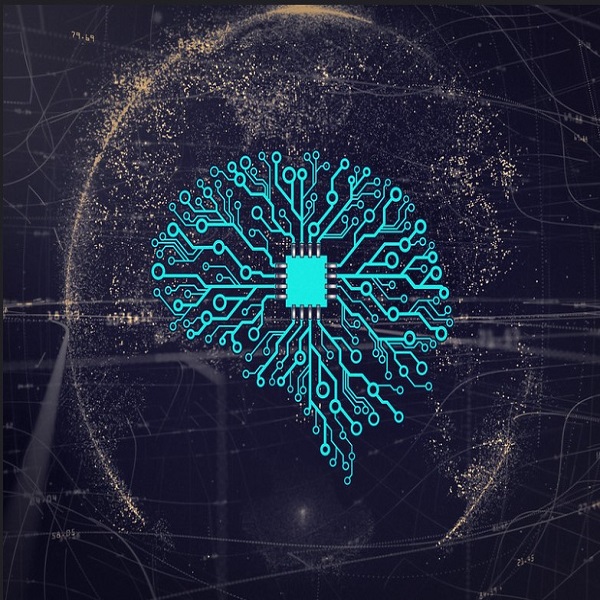The use of artificial intelligence (AI) will have a big effect on almost every part of life. This is good for business, but it also comes with risks for everyone. People think that AI will eventually create uses that are out of our control, which will make it a threat to people.
This is why the European Union (EU) made the EU AI Act. It is a set of unified rules for the creation and use of AI systems that will change how businesses use this technology not just in Europe but all over the world.
On February 21, 2024, the EU established the European Artificial Intelligence Office (EU AI Office). This office is tasked with making sure that businesses selling applications and software will have to make sure it is less vulnerable to cyberattacks. They’ll also be responsible for keeping it safe throughout its entire lifespan, not just when it’s first launched. This translates to better protection for businesses and consumers from threat actors.
So far, the EU is taking significant steps in shaping the future of technology with regulations for Artificial Intelligence and cybersecurity. These regulations will ensure the responsible development of AI to see that businesses are secure.
The EU is all about building trust in AI, to create a safe and secure digital space and these regulations are a big step in that direction. They want to ensure that AI-related programs that pose a high risk will be reviewed before they’re approved for the market to prevent negative impacts on human dignity, rights, and trust.
Businesses that act contrary to the EU AI Act will be made to pay a percentage of the company’s annual turnover in the previous financial year. This will result in fines ranging from €35 million or 7% for violating the list of banned AI applications, €15 million or 3% for violations of the act’s list of obligations for those deploying AI models, and €7.5 million or 1.5% for the incorrect supply of information.
What can businesses do?
As the AI Act is nearing its final approval stage, it’s best for businesses to start getting familiar with these new rules. Resources like the European Commission’s digital strategy and the Cyber Resilience Factsheet is a good place to start.
The future of AI and Cybersecurity
With AI constantly changing the cybersecurity landscape, staying on top of these regulations is important. Businesses that adapt and embrace responsible AI practices will be well-positioned to succeed in the future.






